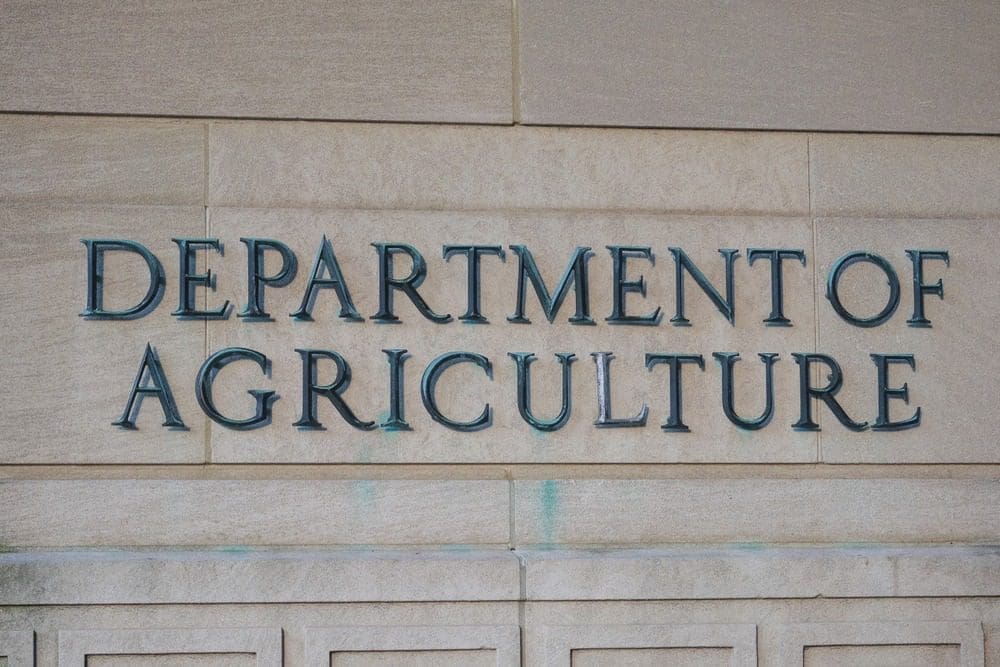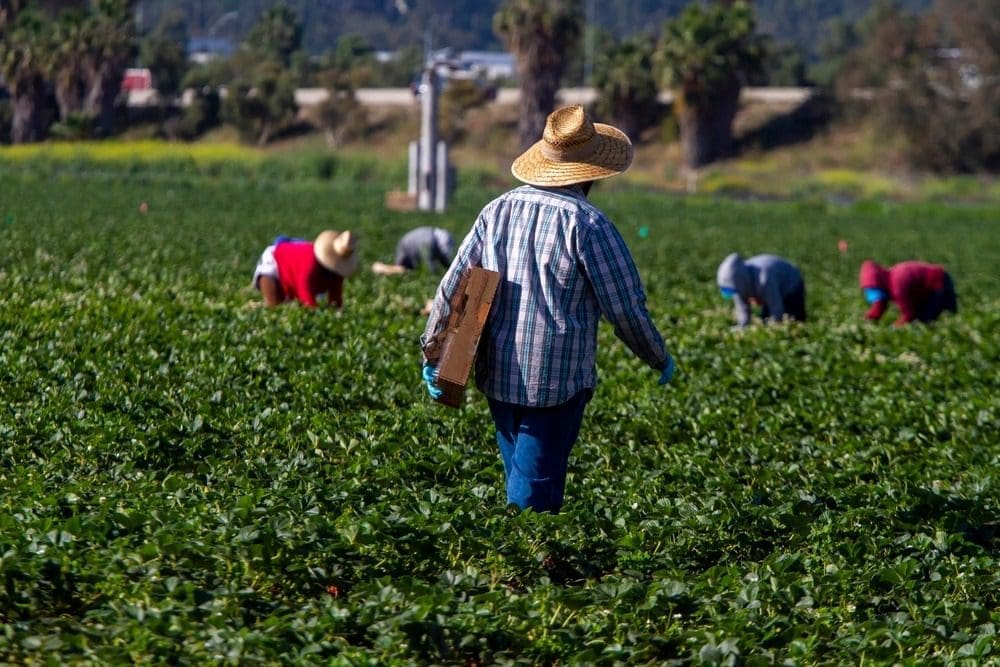
A wave of legislation is sweeping the U.S. as federal and state leaders move to block China — and other geopolitical adversaries — from buying American farmland, despite prediction markets like Kalshi putting China at 58% as far as countries President Donald Trump will visit in his first year.
With mounting concern over national security and food sovereignty, states from Texas to Michigan are enacting bans or tightening restrictions, while the USDA rolls out a sweeping plan that could force some foreign landowners to sell.
Here’s what’s behind the growing backlash.
The USDA’s Big Move

In July 2025, USDA Secretary Brooke Rollins unveiled the National Farm Security Action Plan, banning farmland purchases by individuals and entities tied to China, Russia, Iran, and North Korea. The move gives USDA new enforcement tools and puts the agency on the CFIUS committee to review foreign land deals.
Why Now?

It’s not just political theater — concerns spiked after Chinese-linked land deals near U.S. military bases and arrests over alleged bioweapon smuggling. Lawmakers say national security and food independence are at risk. Critics, however, warn that the panic may be overstated.
Federal Law in the Works

Sen. Josh Hawley’s “Protecting Our Farms and Homes from China Act” would ban Chinese nationals from owning U.S. farmland or residential property and force divestment within a year. Similar bills are gaining steam in both chambers.
Texas Leads the Charge

Texas lawmakers are doubling down on efforts to block foreign adversaries from buying land, citing concerns over CCP-linked purchases and proximity to military infrastructure. A 2023 bill was challenged in court but remains a rallying cry for conservatives.
Florida’s Ban and the Lawsuit

Florida’s 2023 law banning land purchases by Chinese citizens near military sites and critical infrastructure is facing legal challenges, but it set a precedent for other states looking to follow suit.
Over 20 States Join In

From North Dakota to Alabama, at least 20 states have adopted or proposed laws to restrict foreign land ownership — often with bipartisan support. These laws vary but share one theme: stop China from gaining a foothold in U.S. agriculture.
USDA’s Next Step: Clawbacks?

The federal government is now exploring how to reverse existing Chinese-linked farmland ownership. Executive orders may soon give USDA authority to compel sales or revoke leases tied to foreign adversaries.
The Numbers Game

Despite the uproar, Chinese entities own just 0.0003% of U.S. farmland — around 265,000 acres, mostly linked to Smithfield Foods. Still, officials argue it’s not the size but the location and influence that matter.
Blowback from Farmers

Some farmers worry the crackdown could chill investment, lower land values, and provoke trade retaliation. Others say it’s worth it if it protects long-term food and national security.
What Comes Next

More states are lining up to pass restrictions, and the White House is expected to issue a national executive order soon. Watch for legal fights, potential clawbacks, and broader debates about how much foreign ownership is too much.

























